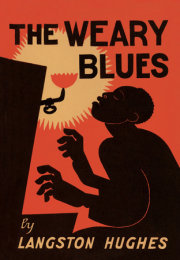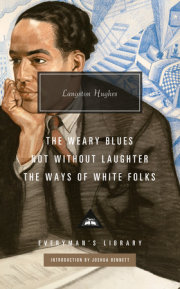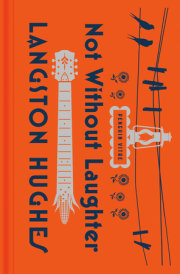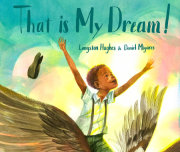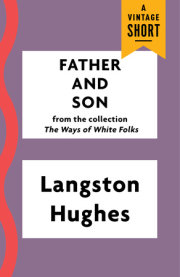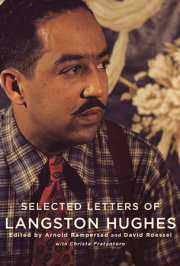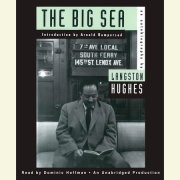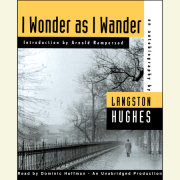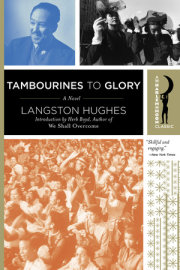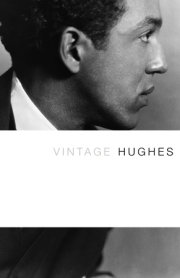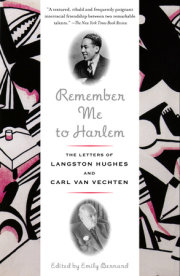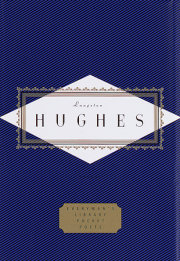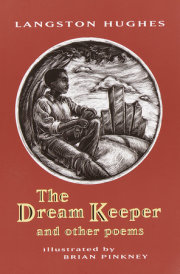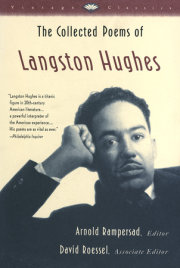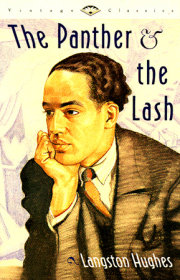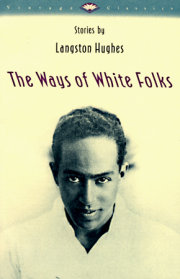Saturday, June 19 We Celebrate Juneteenth
“On June 19, 1865, Union Army Maj. Gen. Gordon Granger rode into Galveston, Texas, and told slaves of their emancipation. That day came more than two years after President Abraham Lincoln issued the Emancipation Proclamation on January 1, 1863. While the holiday was informally commemorated in later years, Texas became the first state to make it a state holiday in 1980. Last year, numerous states, cities and colleges across the US moved to recognize it as an official holiday.” (CNN)
As more companies designate Juneteenth an official work holiday, and the work of racial reckoning is at the forefront of our national priorities, Juneteenth becomes a more recognized historical celebration. Help booksellers help their customers understand this holiday with fiction and non-fiction that shines a light on the past and present.
Illustration: news.crunchbase.com


